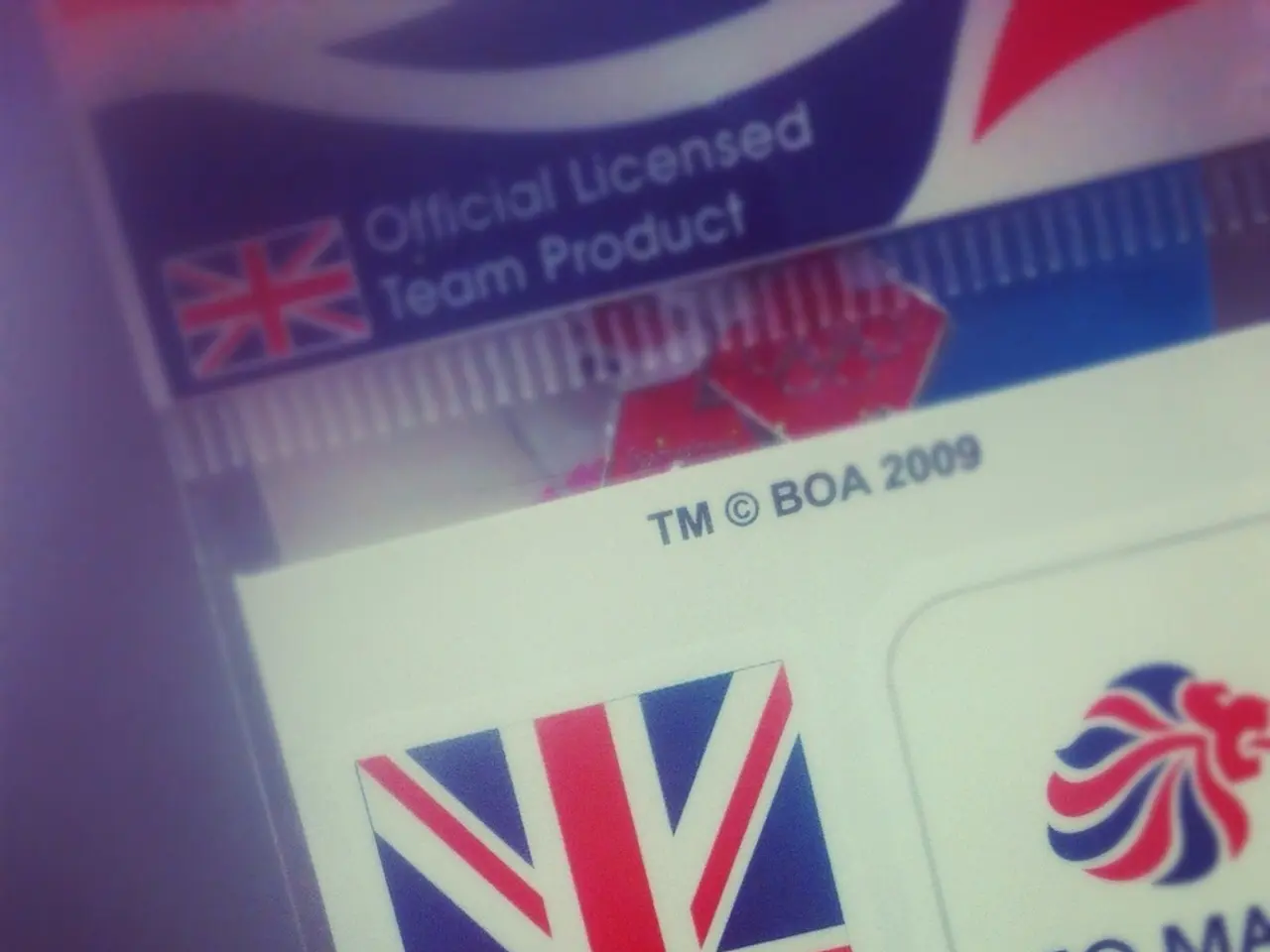Workers at the initial stages of their careers from these specified nations are eligible for work permits that are LMIA-exempt
The International Experience Canada (IEC) program offers a unique opportunity for young individuals to work and travel in Canada. This program, covered in this article, is designed for citizens and residents of countries with a youth mobility agreement with Canada.
To qualify, applicants must meet several requirements. They must have a valid passport, private health insurance, at least $2,500 in available funds, a round-trip ticket, and be admissible to Canada. Age-wise, one must be at least 18 years old, regardless of the category they choose.
The IEC program offers three specific streams: Working Holiday, Young Professionals, and International Co-op (Internship). Each stream has unique requirements and competitive levels. The Working Holiday stream is open, does not require a job offer, and is very competitive. The Young Professionals and International Co-op (Internship) streams, on the other hand, are closed and require a job offer. The Young Professionals stream is less competitive, while the International Co-op (Internship) stream is the least competitive.
To apply, one must complete the online form, provide necessary documentation, pay fees, and submit the complete application. If accepted, one has 10 days to accept the Invitation to Apply (ITA) and 20 days to apply for a work permit.
In limited cases, youth from non-participating countries can participate with assistance from certain Canadian-based recognized organizations (ROs).
Canada has bilateral youth mobility agreements with over 30 countries, including the United Kingdom, Sweden, Switzerland, Taiwan, and Ukraine (though Ukraine is currently not accepting applicants), among others. Each country has unique considerations and stipulations regarding the number of times one can participate in the IEC program.
Employment obtained under the Young Professionals or International Co-op (Internship) categories must comply with local labor laws, including minimum wage rules, in the province or territory of work.
The Working Holiday category often operates on a lottery system due to high demand for IEC work permits. If the work permit application is approved, IRCC will send a Port of Entry (POE) letter to the applicant's online account. Once in the candidate pool(s), one can be selected for an ITA for a work permit in the next round of IEC invitations.
It's important to note that family members cannot be added to the IEC application; they must apply for their own work permit, study permit, visitor visa, or other appropriate immigration status separately.
The IEC program allows participants to participate more than once in some cases, but the eligibility and restrictions for each country and category can be checked on IRCC's "Who can apply" webpage.
For the 2025 season, IRCC aims to process IEC work permit applications within six weeks. Job offers for Young Professionals and International Co-op (Internship) must fall under specific TEER categories or be related to the applicant's field of study.
The IEC work permits are exempt from Labour Market Impact Assessments (LMIAs), making them quicker and easier to obtain than permits under the Temporary Foreign Worker Program (TFWP).
In conclusion, the International Experience Canada (IEC) program offers a fantastic opportunity for young individuals to gain work experience and travel in Canada. With its straightforward application process and various streams, it's an attractive option for those seeking international experience. To ensure eligibility, it's recommended to check the specific requirements and restrictions for your country and category on IRCC's website.




